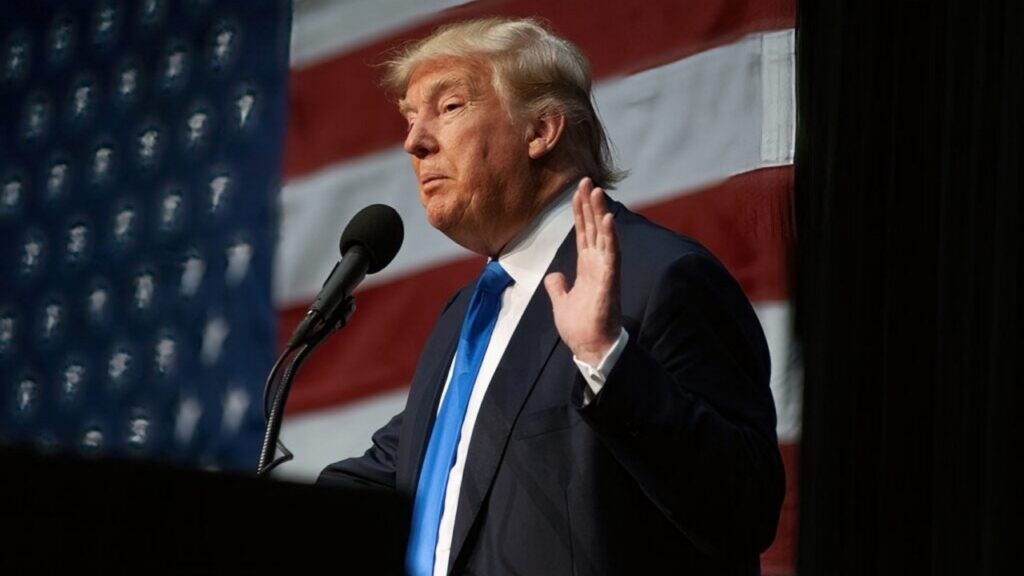
President Donald Trump has confirmed that the U.S. will impose new tariffs on imports from Canada, Mexico, and China. The tariffs, set to take effect this Saturday, have already caused ripples in financial markets and raised concerns about economic impacts.
What Happened: Trump declared on Friday that he will enforce new tariffs of 25% on imports from Mexico and Canada, and 10% on goods from China. According to a report by Reuters, these tariffs will take effect on Saturday.
Trump mentioned a potential exception for Canadian oil, which would face a 10% tariff instead of 25%. However, he hinted at broader tariffs on oil and natural gas by mid-February, causing a spike in oil prices.
He emphasized that these measures aim to curb migrant and fentanyl flows over the U.S. border.
In the Oval Office, Trump acknowledged potential short-term disruptions and higher consumer costs. He dismissed the idea of delaying the tariffs, stating, “No, no. Not right now, no.”
Trump also denied using tariff threats as a bargaining tool, asserting, “It’s something we’re doing, and we’ll possibly very substantially increase it, or not, we’ll see how it is,” as per the report.
Financial markets experienced volatility, as the Canadian dollar and Mexican peso weakened, while U.S. Treasury bond yields rose. Karoline Leavitt, a White House spokesperson, confirmed the tariffs’ implementation on Saturday, with further details to follow, according to the report.
Why It Matters: The decision to impose tariffs on key trading partners like Canada, Mexico, and China is part of a broader strategy to address issues such as illegal immigration and drug trafficking, particularly fentanyl.
According to an earlier report, the White House has confirmed these tariffs, which are expected to impact the U.S. economy significantly.
The tariffs follow a series of threats and confirmations from Trump, which will have potential economic disruptions and rising costs for everyday goods. The U.S. imports substantial amounts of goods from these countries, with Mexico being the largest trading partner in terms of imports.
Additionally, Ontario Premier Doug Ford has threatened economic retaliation if Canada is targeted, indicating potential further escalation in trade tensions.
Read Next:
Disclaimer: This content was partially produced with the help of AI tools and was reviewed and published by Benzinga editors.
Photo courtesy: Shutterstock
Market News and Data brought to you by Benzinga APIs
© 2025 Benzinga.com. Benzinga does not provide investment advice. All rights reserved.